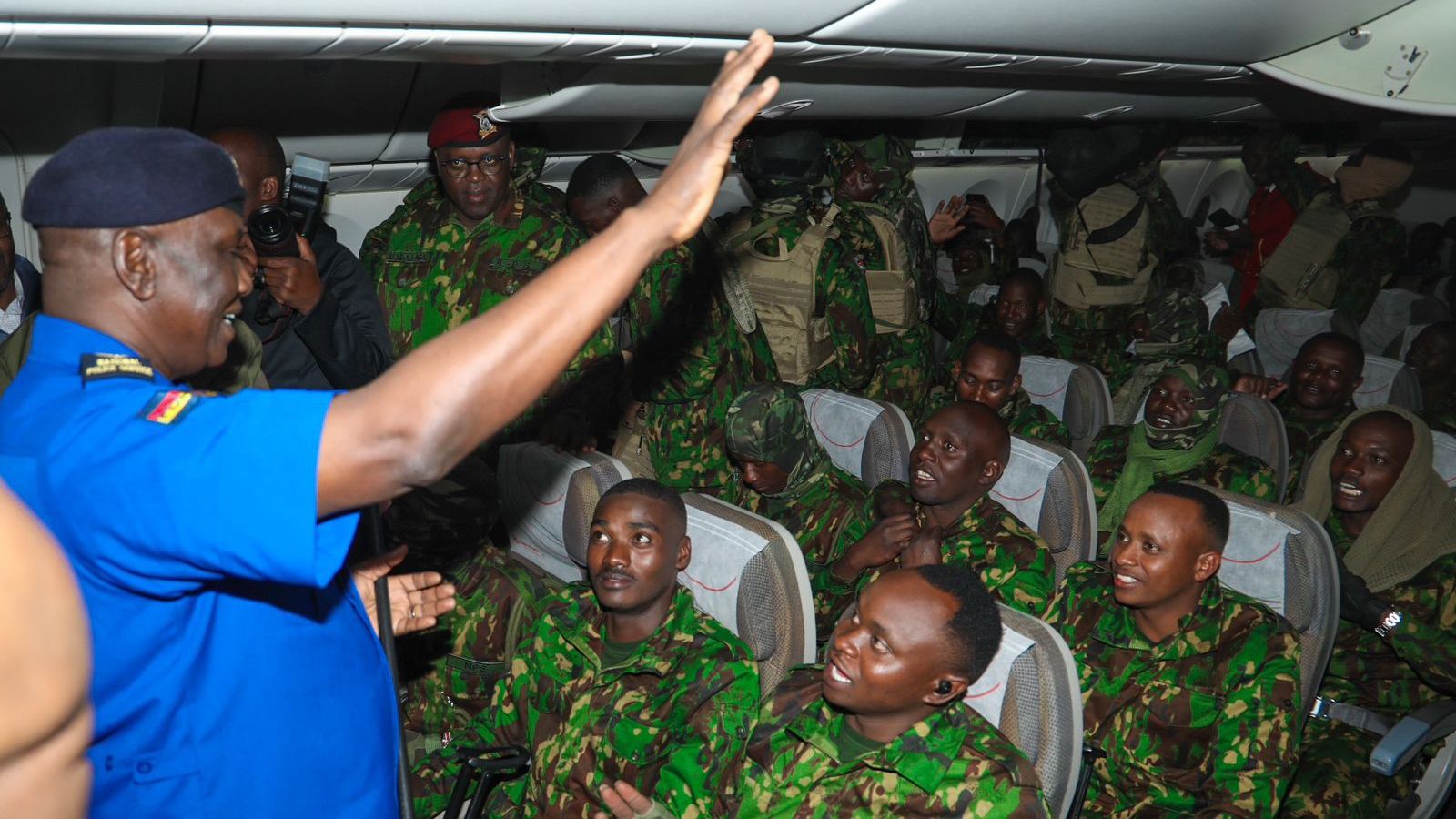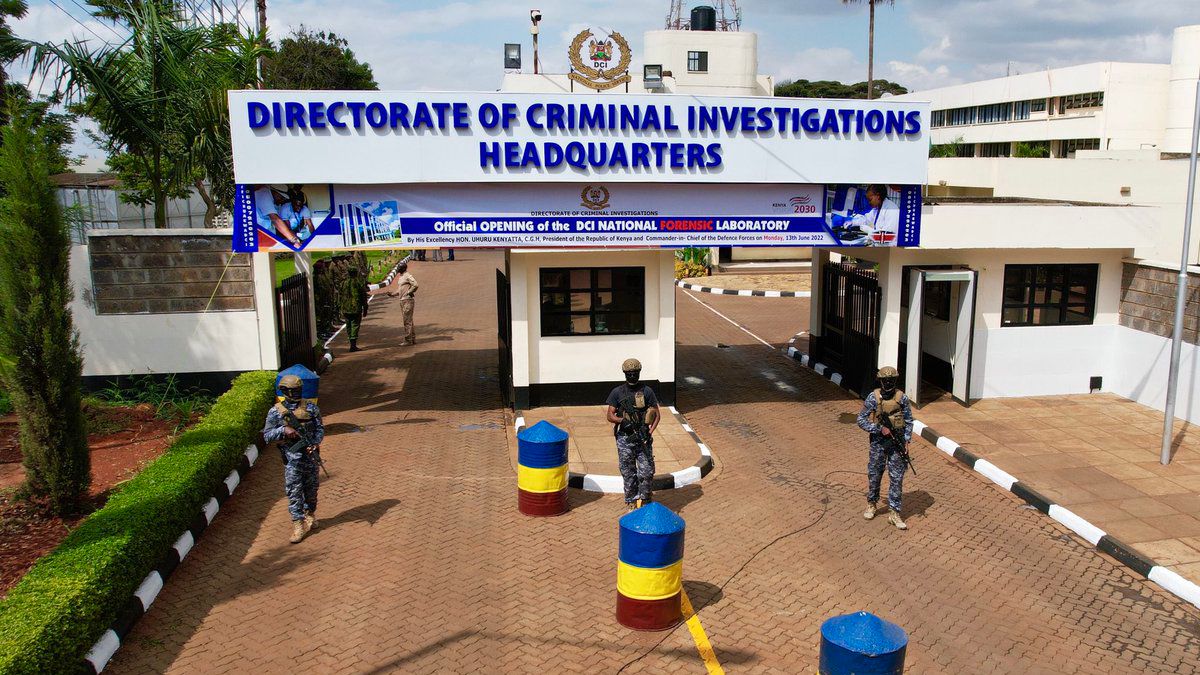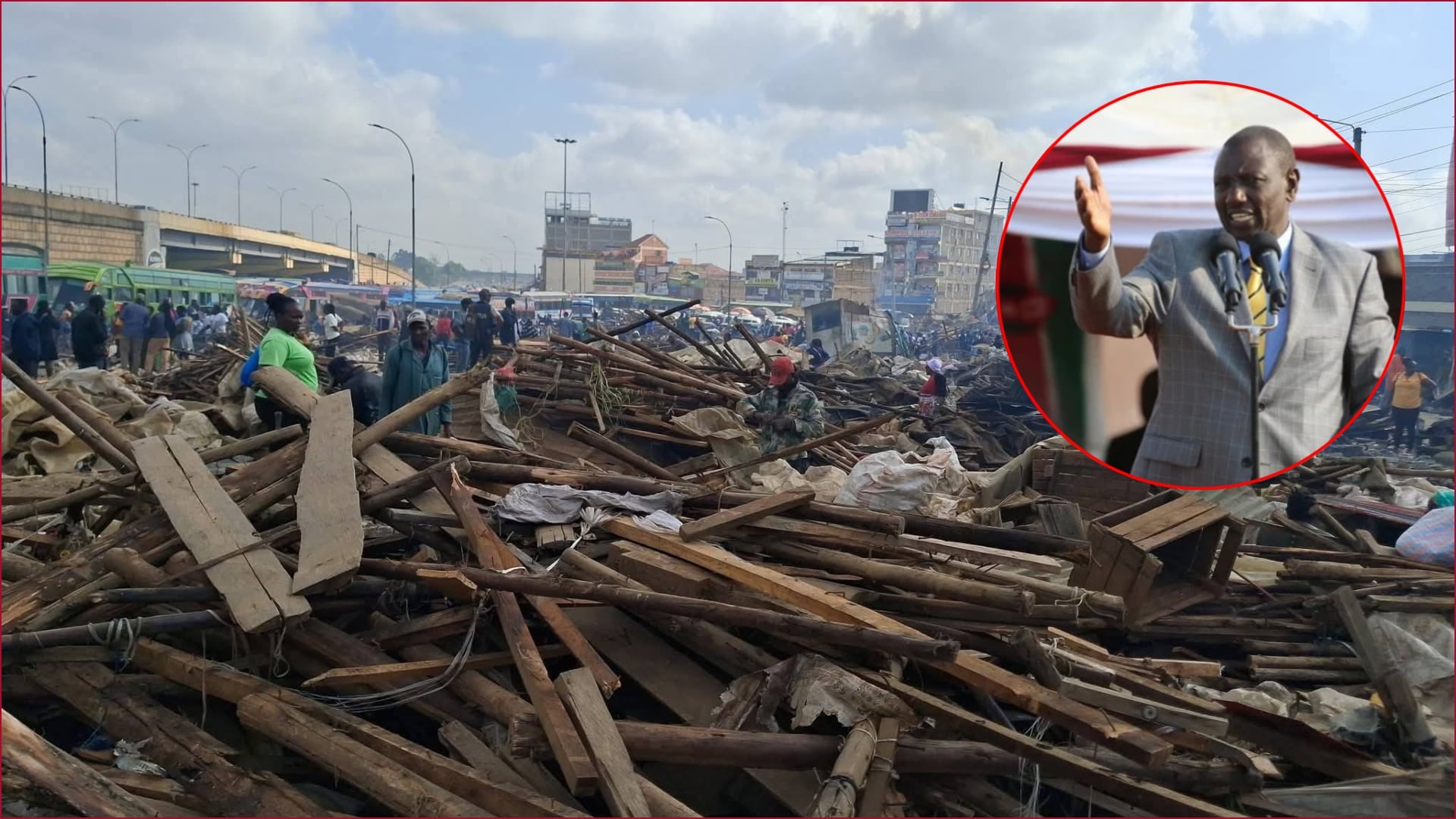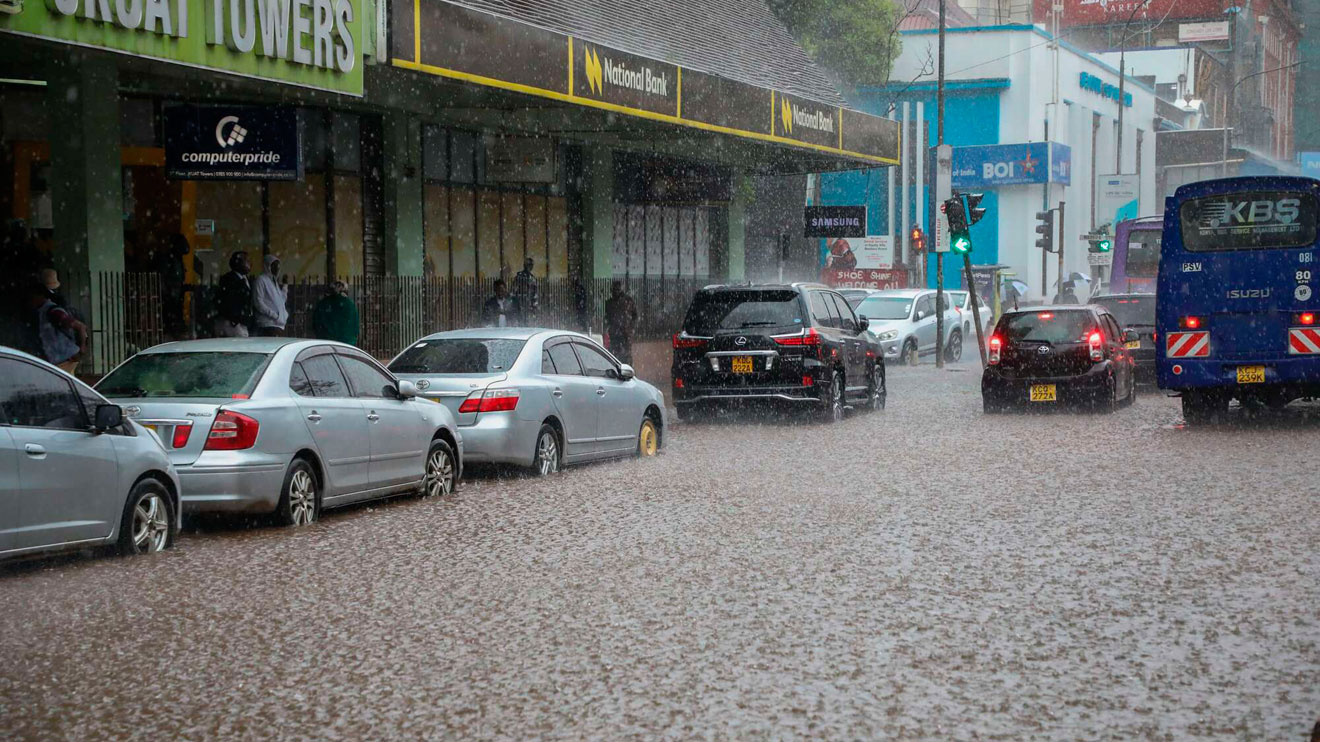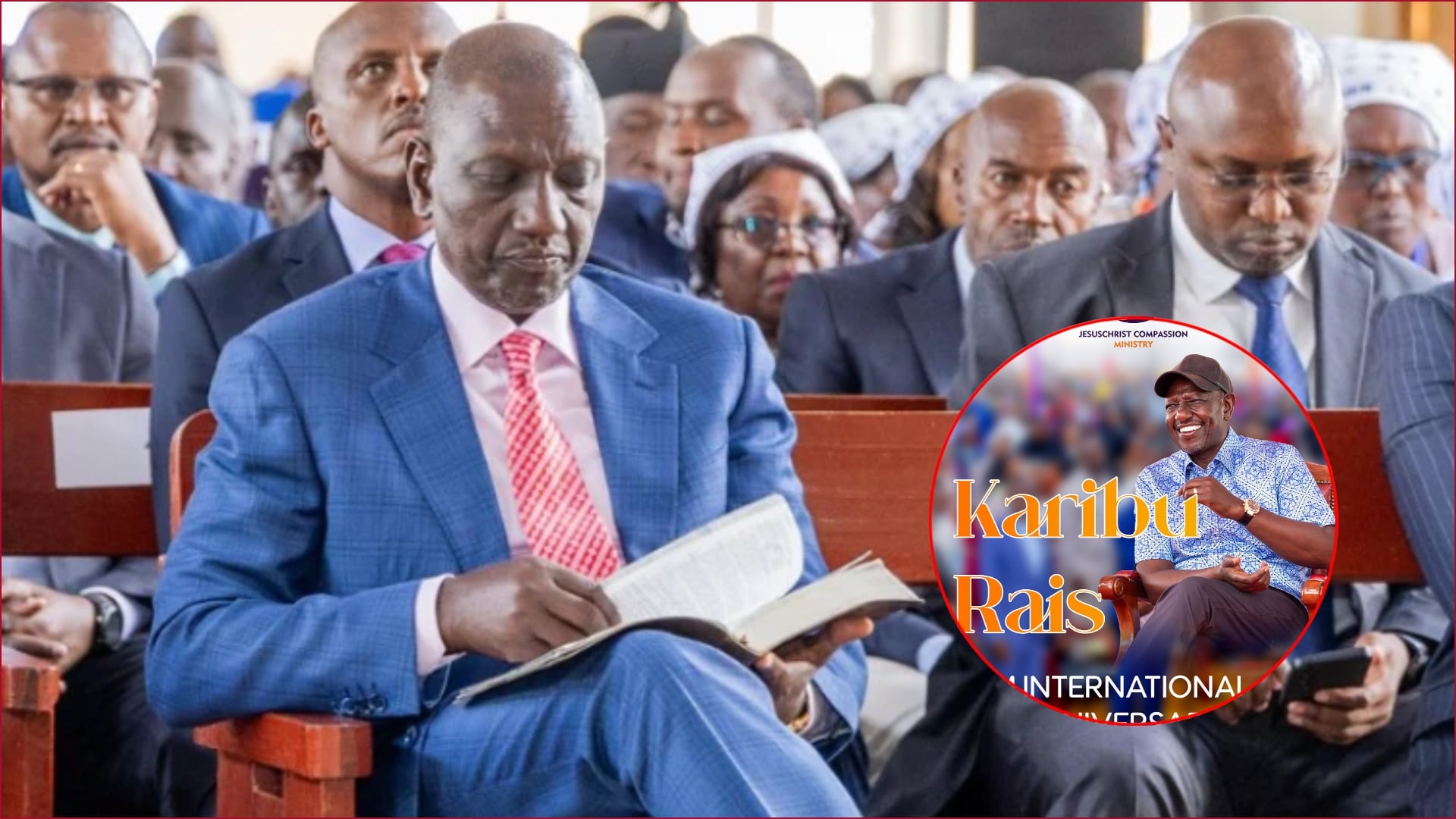The future of Kenyan police officers deployed in Haiti under the Multinational Security Support Mission (MSSM) remains uncertain following the United Nations Security Council’s approval of a new force.
Speaking on Wednesday,. October 1, Inspector General of Police Douglas Kanja acknowledged the lack of clarity on the matter, saying the next steps will depend on official communication from the National Security Council.
"We will wait until we receive that information, and from there we will determine the appropriate course of action. Please note that such directions are issued by the National Security Council (NSC) here in Kenya. Therefore, let us wait and follow the guidance that will be provided," he stated.
Speaking on Thursday, September 25, President William Ruto had declared that Kenya will not pull out its police officers from Haiti without a clear plan for a new mission to take over.
"Our best position is that we have completed our mission; we were asked to step in, but one thing Kenya will not do is to walk away from Haiti without clarity on a transition.
Read More
"We will be there to make sure that the next mission is properly formed; it’s not yet clear when it will be formed, or how it will be resourced. There are so many things that are still hanging," he said.

Ruto said the MSSM forces have managed to stabilize Haiti since their deployment in June 2024.
"When we went to Haiti, both the air and sea ports had been overrun by gangs. Today, they are operational. Schools and hospitals had also been overrun; today, they are operating. The palace was under siege from gangs; today, that is where the Presidential Council and Prime Minister sit," he added.
On Monday, the UNSC endorsed the creation of a Gang Suppression Force (GSF) to take over security operations in Haiti, effectively replacing the MSSM.
Speaking after the passage of the resolution, US Ambassador to the UN Mike Waltz said the MSSM lacked the scale and resources needed to combat gangs and restore security in Haiti.
"Today’s vote sets that right. With this vote to transform the MSS mission to the new Gang Suppression Force, a mission five times the size of its predecessor and with a strengthened mandate to go after the gangs.
"The international community is sharing the burden and living up to its promise to help Haiti turn the tide. It offers Haiti the chance to assume responsibility for its own security," he said.
The GSF will comprise 5,550 uniformed personnel, including police officers and soldiers, unlike the current mission.
The force, which has been granted a 12-month mandate, will work closely with the Haitian National Police (HNP) and the Haitian Armed Forces to conduct intelligence-led operations to neutralize gangs, provide security for critical infrastructure, and support humanitarian access.
GSF is expected to draw participation from the US, Canada, El Salvador, Guatemala, the Bahamas, and Jamaica.
